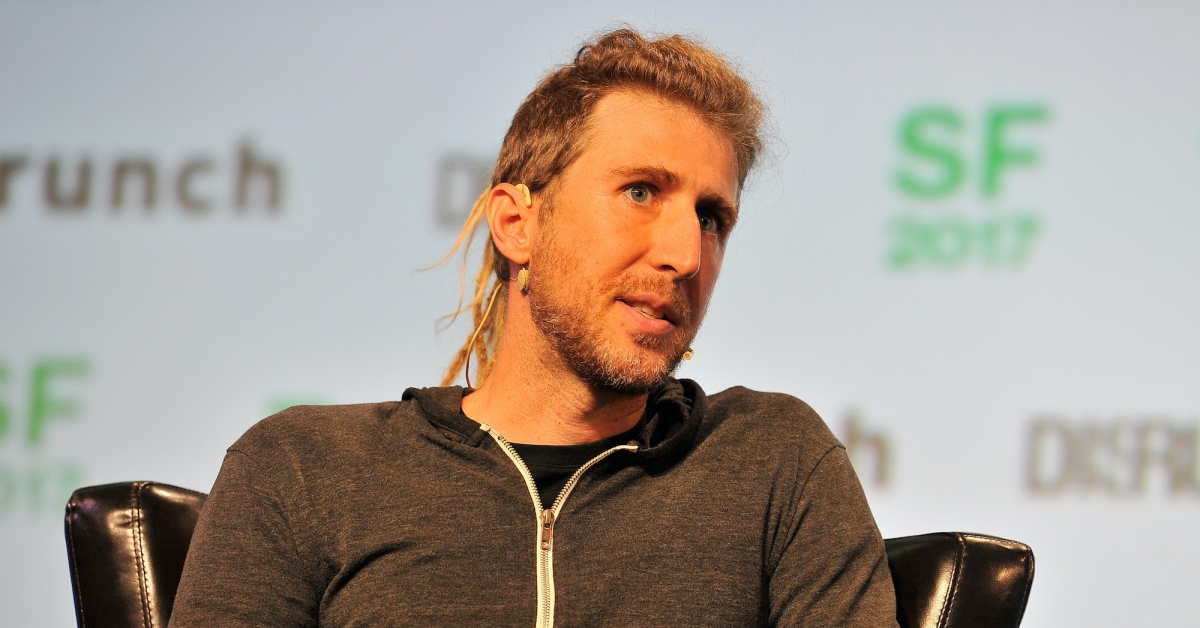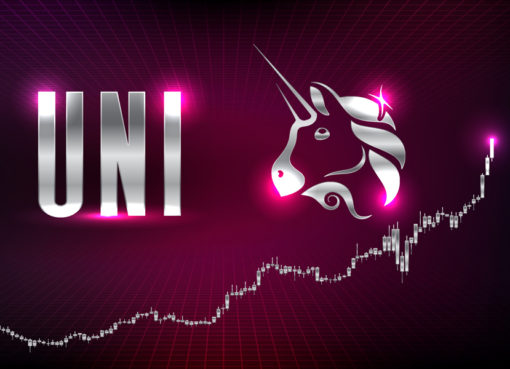Mobile-first privacy project MobileCoin, which has been a bit of a white whale since the initial coin offering (ICO) era of 2017, announced a mainnet launch on Monday.
Still, details remain scant. The MobileCoin Foundation wrote in a brief Medium post that the project is not available to U.S. users or “persons or entities in other prohibited jurisdictions.”
The project’s GitHub repository still describes MobileCoin as in testnet, however. The same is true for MobileCoin’s website. That said, the asset is listed on the FTX exchange with founder Sam Bankman-Fried confirming to CryptoX in an email that “it’s withdrawable mainnet MobileCoin.”
MobileCoin is best known as the cryptocurrency project advised by Moxie Marlinspike, the creator of private messaging app Signal. Marlinspike’s involvement was first revealed in a December 2017 story in Wired on the project and its founder, Joshua Goldbard.
“The two based it on the open-source Stellar Consensus Protocols platform,” Wired reported at the time.
In September, Microsoft wrote about MobileCoin in a blog post, describing how it used the tech giant’s Azure technology to encrypt data even while it is being used, which Microsoft refers to as “confidential computing.”
The MobileCoin Foundation website lists several organizations as members, most of which are nonprofits: The Long Now Foundation, Community Arts Stabilization Trust, Ideas Beyond Borders and Fight for the Future. It also lists storage company Dreamhost and blockchain infrastructure platform Blockdaemon.
MobileCoin’s Goldbard did not immediately reply to a request for comment from CryptoX.
MobileCoin is not the only company to attempt to bring fast and easy payments to mobile. The failed Finney phone from Sirin Labs was meant to do the same. Telegram attempted a similar project after raising $1.7 billion for its Telegram Open Network. Telegram ended its crypto project in May following pushback from U.S. securities regulators.
The MobileCoin launch may explain why the typically reticent Marlinspike was willing to participate in a fairly wide-ranging profile with The New Yorker this autumn, though the story never mentions MobileCoin or cryptocurrency.




